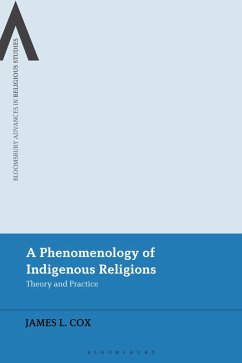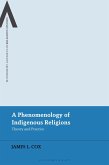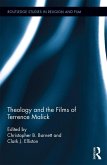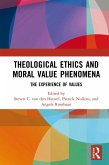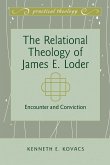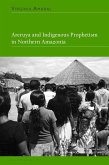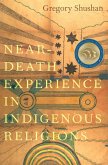This book compiles James L. Cox's most important writings on a phenomenology of Indigenous Religions into one volume, with a new introduction and conclusion by the author. Cox has consistently exemplified phenomenological methods by applying them to his own field studies among Indigenous Religions, principally in Zimbabwe and Alaska, but also in Australia and New Zealand. Included in this collection are his articles in which he defines what he means by the category 'religion' and how this informs his precise meaning of the classification 'Indigenous Religions'.
These theoretical considerations are always illustrated clearly and concisely by specific studies of Indigenous Religions and their dynamic interaction with contemporary political and social circumstances. This collection demonstrates the continued relevance of the phenomenological method in the study of religions by presenting the method as dynamic and adaptable to contemporary social contexts and as responsive to intellectual critiques of the method.
These theoretical considerations are always illustrated clearly and concisely by specific studies of Indigenous Religions and their dynamic interaction with contemporary political and social circumstances. This collection demonstrates the continued relevance of the phenomenological method in the study of religions by presenting the method as dynamic and adaptable to contemporary social contexts and as responsive to intellectual critiques of the method.

